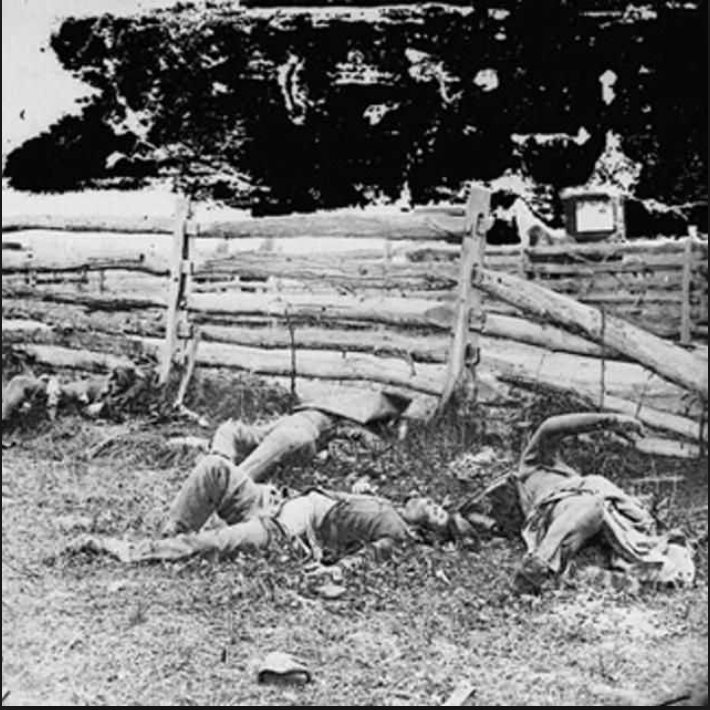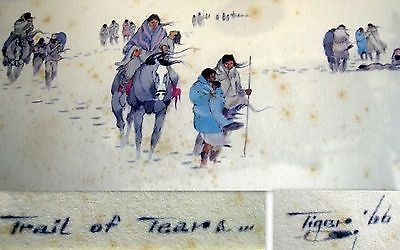Apparently some folks are just now learning Abraham Lincoln was a Republican. Lincoln helped to organize the GOP in the 1850s. He and his colleagues articulated a vital American ideology, and then put it into practice.
Let's take a look at Lincoln and his GOP, shall we? /1
Let's take a look at Lincoln and his GOP, shall we? /1
In the 1850s, rich slave owners-- less than 1% of the population-- controlled the federal government and ran it for their own benefit, refusing to pay taxes or submit to regulation, but demanding federal power to hunt down their slaves and protect slavery. /2 

They silenced opposition by controlling the media; warned voters that slavery was all that protected the status of poor white men; and insisted they had the right to spread slavery to the West, and then nationally, because the Constitution protected property, including slaves. /3 
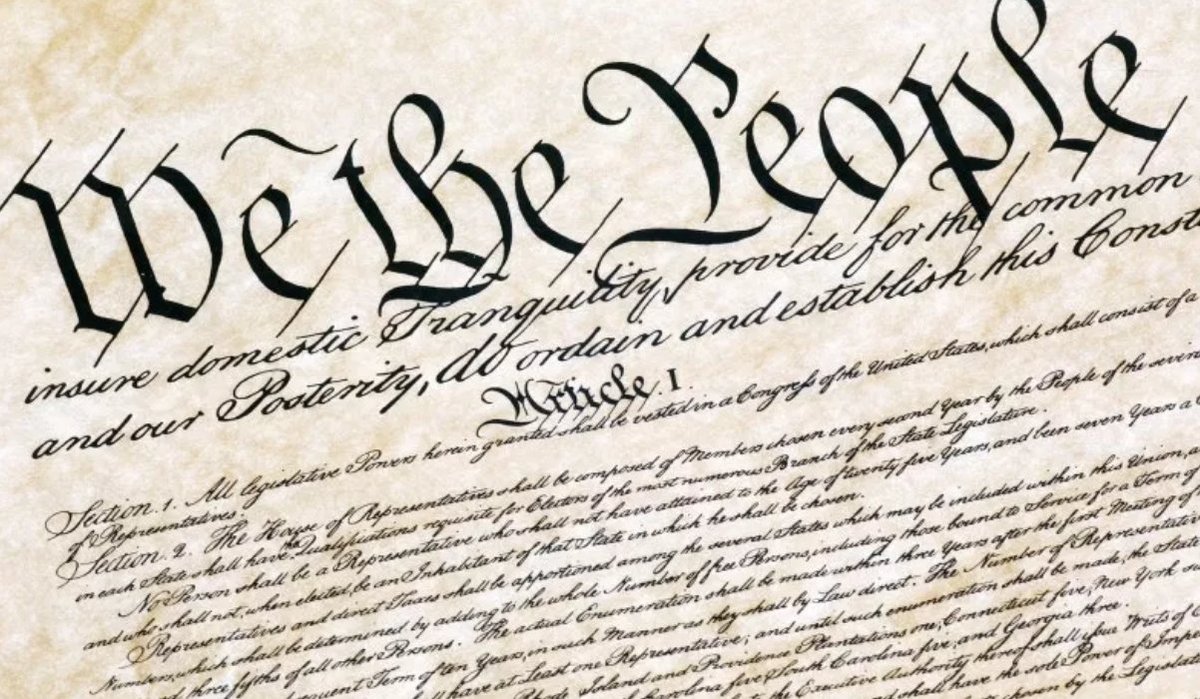
Slavery choked out poor white workers, who could not compete with rich landowners, but slave owners thought that was good because rich men were the nation's true leaders, anyway, supervising those lesser beings who actually did the productive work. As James Henry Hammond said: 

And, Hammond continued, it was imperative that those "mudsills" did not vote, because they would want more of the money they produced, and the wealthy could not continue to amass fortunes and direct society as they wished. Slave owners must keep power to make the US great. /5 

Lincoln, the brilliant son of a poor man, had worked his way up from fieldwork to become a prominent lawyer. He was appalled at this perversion of principle. The Declaration of Independence called for the equality of opportunity that enabled a man to rise, not a ruling class. /6 

Lincoln denied that capital should rule labor. Instead, workers-- producers-- were the heart of the nation's economy, and thus the heart of the nation. /7 

It was workers, not capitalists, who drove growth. They MUST have a say in their government, or the rich would choke them out, and turn America into an oligarchy that would become mired in the past, because the wealthy hated innovation, and had no incentive to do it. /8 

When the new Republican Party ran Lincoln for president in 1860, slave holders warned voters that black Americans would rise up, raping and killing whites. They made sure poor whites could not get real news, and kept restive poor whites from the polls. (See @KeriLeighMerrit) /9
When Lincoln won anyway, the slave holders immediately created their own nation based in the idea that some men were better than others. They made war on the United States. As the Vice President of the Confederacy said: /10 

They promised their followers that secession would be bloodless because northerners were weaklings. SC Senator James Chesnut vowed to drink all the blood spilled in the Civil War. Men rallied to the excitement of the cause.
More than a quarter of a million southerners died. /11
More than a quarter of a million southerners died. /11
Meanwhile, funding and manning the war forced Republicans to codify their principle that men at the bottom fueled the economy. They weighted finances toward the poor, creating new national money backed by the Treasury, not by bankers, and floating bonds to regular folks. /13 

They invented national taxation, putting manufacturing taxes on everything (these were passed on to consumers), creating the graduated income tax (taxes paid 21% of the government's war expenses), and inventing the IRS (it had a different name, but was the same bureau). /14
To enable nascent business to pay taxes, they put a tariff wall around the country to protect them. Then, to enable folks to pay taxes, they set about providing opportunity for folks without money. They passed the Homestead Act, giving free land to farmers. /15 

To help those farmers succeed, they established the Department of Agriculture, to get them good seeds and information, and passed a law to make it easier for immigrants to come to the US. They also established state universities, so poor men could get educations. /16 
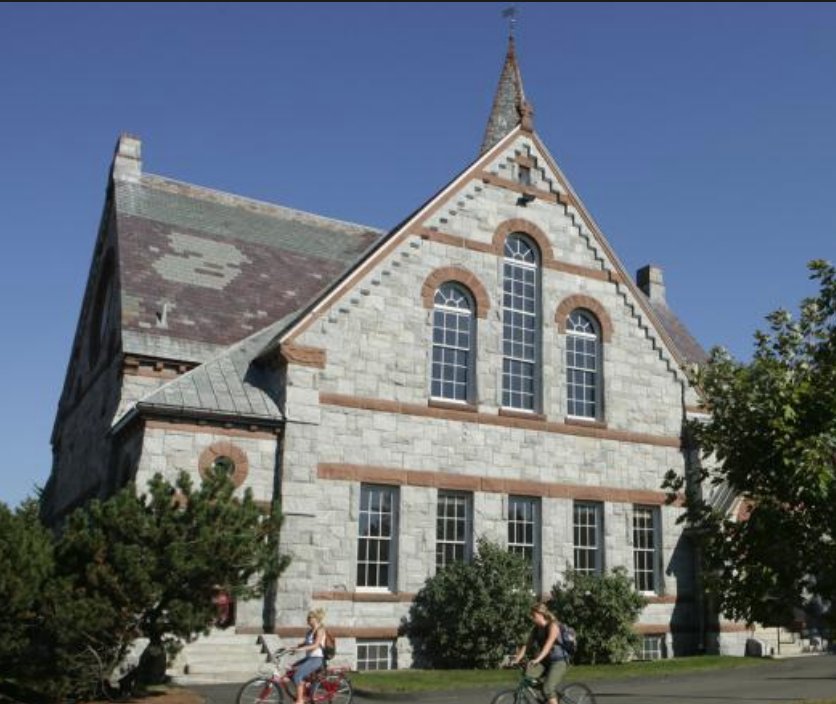
Then, they took on the huge public works program of the transcontinental railroads, so men could go West to the mines and prairies more easily. (Yes, this devastated American Indian tribes. Don't @ me-- I wrote a book about it. That's not the point of this thread.) /17 
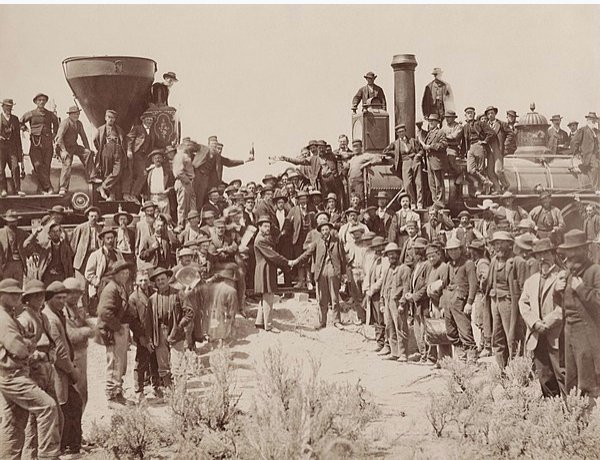
And, finally, to make sure all men had equal access to opportunity, they amended the Constitution to end slavery, and to give the government power to enforce that amendment. Both pieces were huge. They said the government would now work for regular folks, not for the rich. /18 

When former Confederates still tried to hang onto white supremacy, the Republicans backed the Fourteenth Amendment, which tried to protect black rights, forced southern states to let black men vote, and declared birthright citizenship. /19 

When Georgia nonetheless threw out black legislators, the Republican Congress then backed the Fifteenth Amendment, providing for universal manhood suffrage, with the belief that if all folks could vote, the electorate would put in power a government that would work for them. /20 

So, yes, Lincoln was a Republican. He put in place our first active government, providing free land, education, and public works to poor folks to enable them to rise and contribute to society. This Republican Party was enormously popular, so popular that it won for a generation. 

We should remember Lincoln's principles and vote accordingly. Lincoln stood against a cabal of very wealthy men controlling the government and the nation. Lincoln called for us to vote for leaders who would make government answer to us all. /END 

• • •
Missing some Tweet in this thread? You can try to
force a refresh

